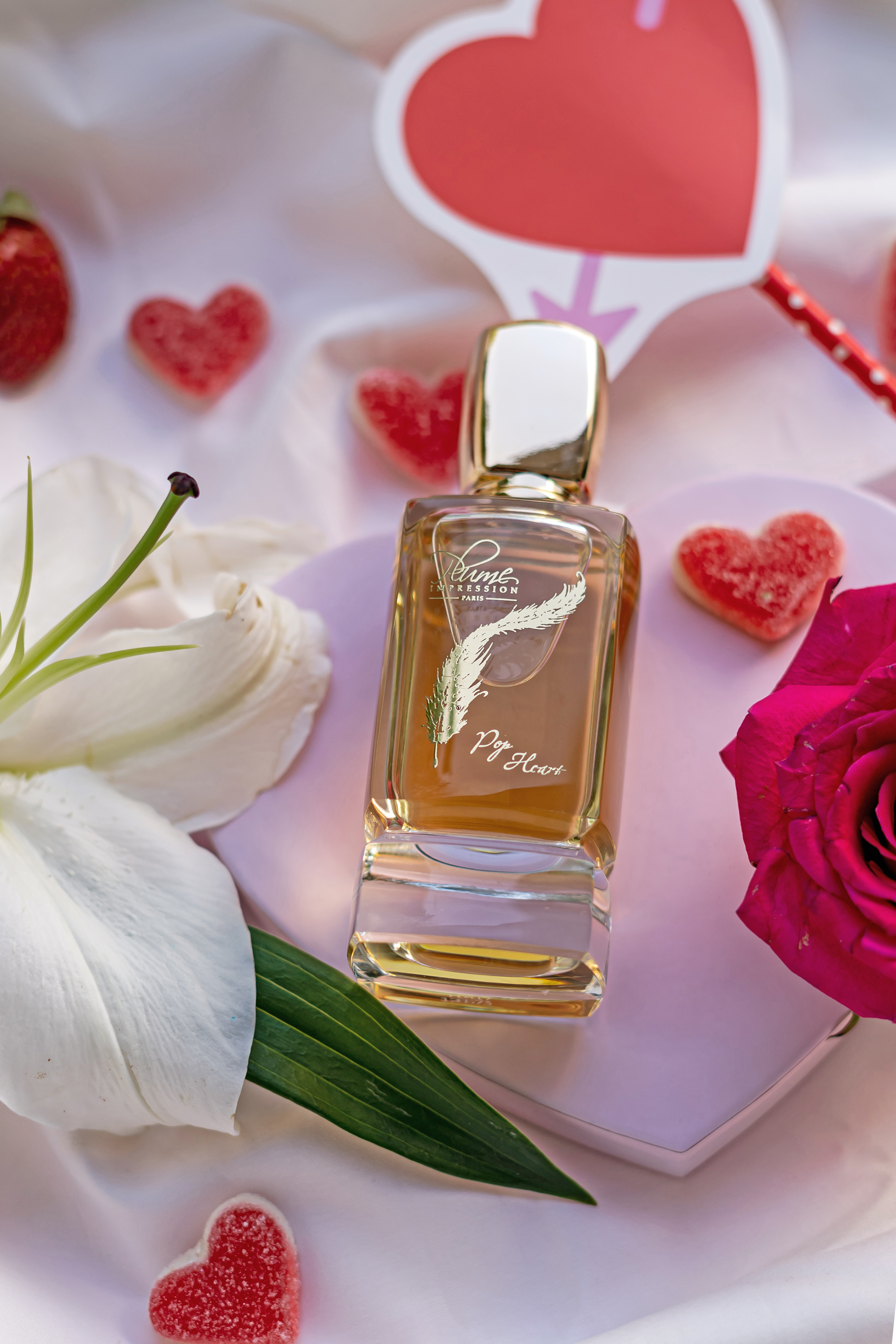IRIS VAN HERPEN 'ARCHITECTONICS' FW23
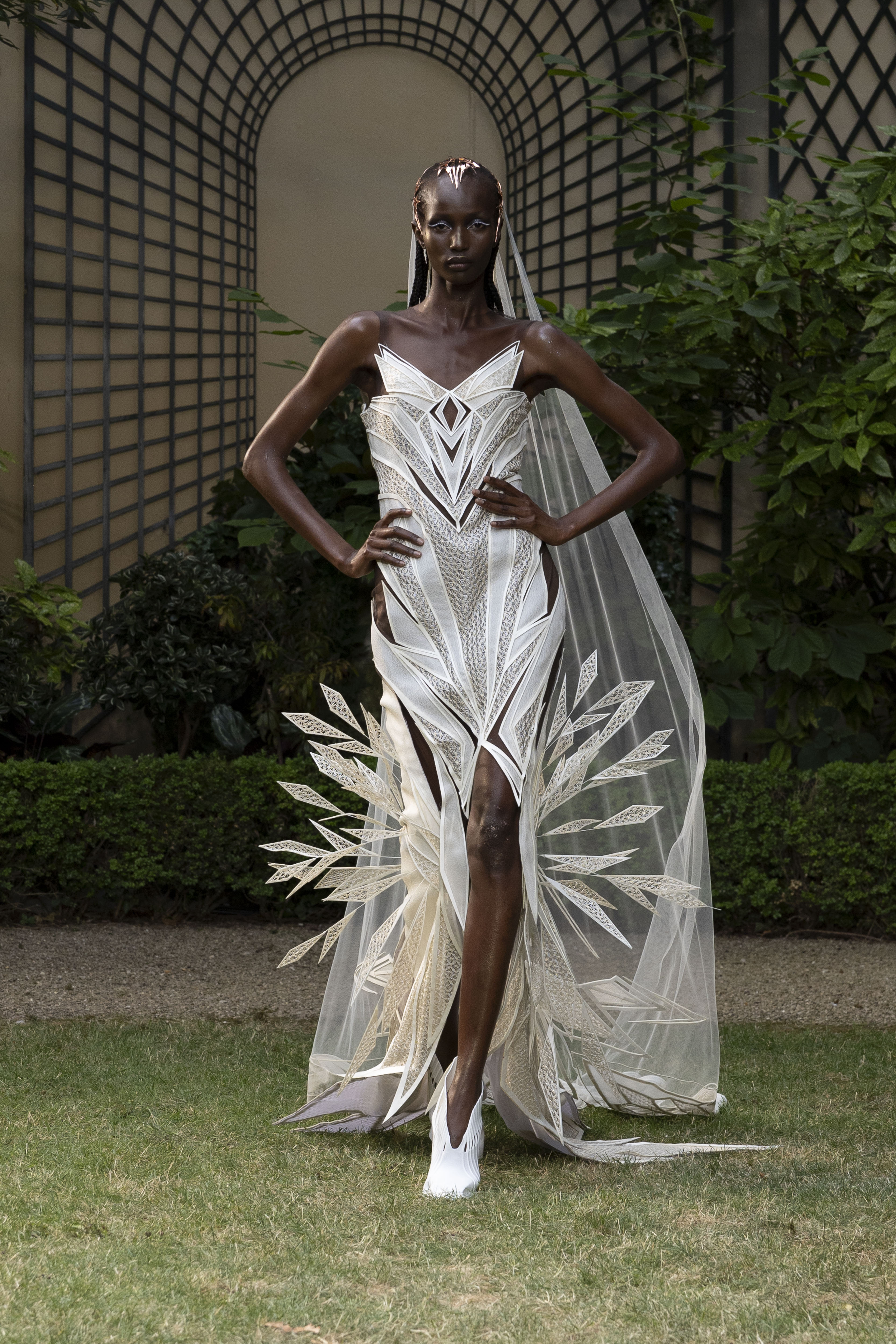
Drawing inspiration from the future of floating cities and the concept of bionic design, this pioneering collection reflects a vision where humans inhabit both land and offshore environments. To envision a future where our built environment becomes a natural extension of the vast aquatic landscapes, creating a harmonious coexistence between humanity and the world's oceans.
Van Herpen's creative journey began with the visionary ideas of Jacques Rougerie, a French Architect and Oceanographer, known as the ‘Architect of the Sea’. Rougerie's work bridges the gap between scientific exploration and architectural innovation, offering a deeper understanding of the intricate relationship between the oceans and our built environment. His designs of underwater habitats and floating laboratories, informed by his expertise as a marine biologist and architect, have inspired van Herpen's exploration of aquatic urbanism.
Other looks of the collection are influenced by the revolutionary World’s First Floating City, ‘Oceanix’ that is currently being built in South Korea. As the first large manifestation of this new form of waterborne urbanism, designed by starchitect Bjarke Ingels, Oceanix integrates zero waste and circular systems, closed-loop water systems, net-zero energy, and coastal habitat regeneration.
Vincent Callebaut's groundbreaking ocean architecture projects, including ‘Lilypad’ and ‘Oceanscrapers’ have also left a profound impact on van Herpen’s technique development. As an advocate for sustainable living and environmental preservation, Callebaut's innovative concepts harness renewable energy sources, provide healthy living spaces for a growing population and also serve as catalysts for marine biodiversity and ecological regeneration. By incorporating biomimetics, these floating cities create self-sufficient ecosystems that thrive above and beneath the coastal waters.
This new generation of architects show a radical shift in urban planning and a blueprint for resilient cities of the future.
Driven by R&D, the collection materializes the principles of parametric architecture that is known for its fluidity, fragmentation, and shifting patterns. The design's dynamic energy is evident in the explosive patterns of light and shadow that vibrate around the body, the fractal forms, geodesic voids, and distorted perspectives that redefine fashion's traditional boundaries.
Van Herpen draws from the aquatic urbanism movement by focusing on the physiological, behavioral, and structural adaptations of biological organisms to create new Couture techniques that blur the boundaries between fashion and floating architecture. Each look was therefor digitally modeled before the physical draping process started.
The cutting-edge ’Biophilic’ technique is developed from lasercutting architectural lineworks that are bonded together to serve as molds, in which a marble-textured silicone is injected with syringes into the fine lasercut outlines. At the same time abalone-shell flakes are inlaid by hand into gradients before the silicone is settling. After settling, a final transparent layer of silicone is injected to enhance the iridescent shell shards gracefully.
The daring ‘Oceanix’ technique is developed to paint bursting patterns in space. These graphic polygon patterns explode skillfully from order to chaos through the movement of the body, as the polygons are deconstructed in air by the models moving. Fine fiberglass rods are carefully balanced to distribute an exact amount of weight and vibration into the dissected geodesic bursts, creating an interplay of fluidity and fragmentation.
Another eye-catching technique that is characteristic to this collection is the ‘Sensorama’, developed from 0.7mm brass that is waterjet-cut, buffed, polished and carefully folded by hand into 3D fractal mineral formations that then use laser-welding to attach each layer to the next.
Seductive cutouts within the sculptural silhouettes reveal alluring shards of skin.
The harmonious color palette of this season combines graphic contrasts of white and blacks that are highlighted with metallic silver, bronze and gold detailing. An oceanic mood is created through soft tones of mint-green that are mixed with abalone-blue, turquoise and pearlescent shell shades.
The looks are masterfully finished with the architectonic ‘Bionic’ boots that are digitally modelled and 3D printed in collaboration with Scry and the ethereal bejeweled face jewelry in collaboration with Malakai and Rinaldy Yunardi.
The ARCHITECTONICS collection dares to imagine humanity’s next frontier: a world with waterborne urbanism that harmonizes with marine ecosystems.
Global concerns grow as 90 percent of large cities worldwide are vulnerable to rising sea levels, and over 410 million people are predicted to be at risk.
This season Van Herpen's designs draw attention to the visionary ideas of Oceanix, the world’s first floating city and the important new generation of architects that show us the ingenuity and desirability of waterborne architecture. Challenging our conventional notion of living spaces, each design encapsulates the duality of our existence, where land and water intertwine to see a future where we seamlessly inhabit both realms.
CREDITS
Press: KCD Paris
Styling: Nicola Formichetti
Casting: Maxime Valentini
Make-up: James Kaliardos | NARS
Hair: Antoinette Beenders | AVEDA
Shoes in collaboration with SCRY
Headpieces: Malakai & Rinaldy Yunardi
Music: Marina Herlop - Salvador Breed
Choreography & Backstage: Kim Vos Labrie
Show Production: Jonas Kraft
Show Video: Jip Mus & Dammes Kieft
Frontstage Photography: Gio Staiano
Backstage Photography: Molly SJ Lowe
Collection Shoot: Rob Rusling Special
Thanks to:
Fédération de la Haute Couture et de la Mode
H.E. Mr. Jan Versteeg, Ambassador of the Kingdom of the Netherlands to France
Atelier Néerlandais
Dutch Embassy
Dom Pérignon
citizenM
Marie Stella Maris
related posts

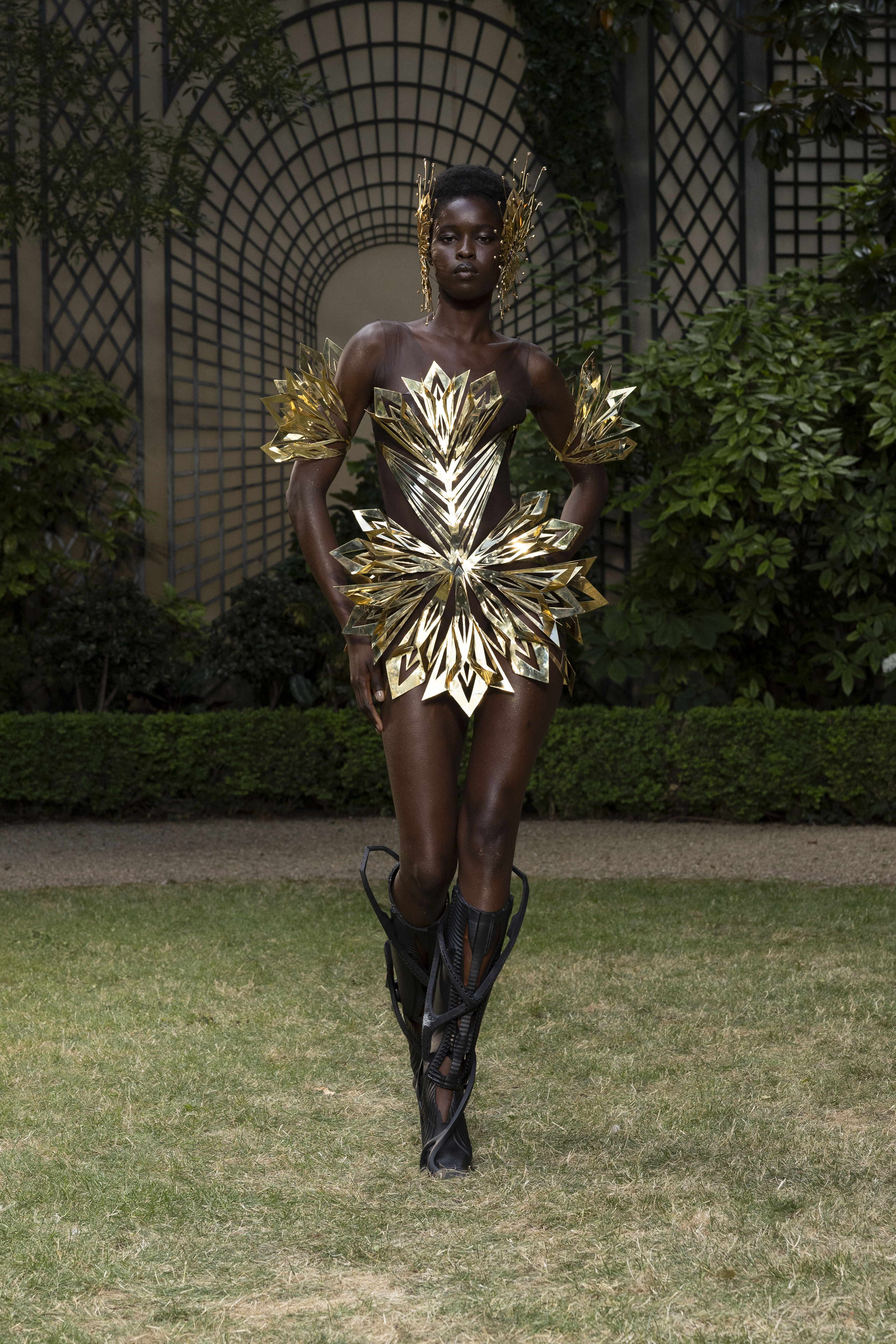



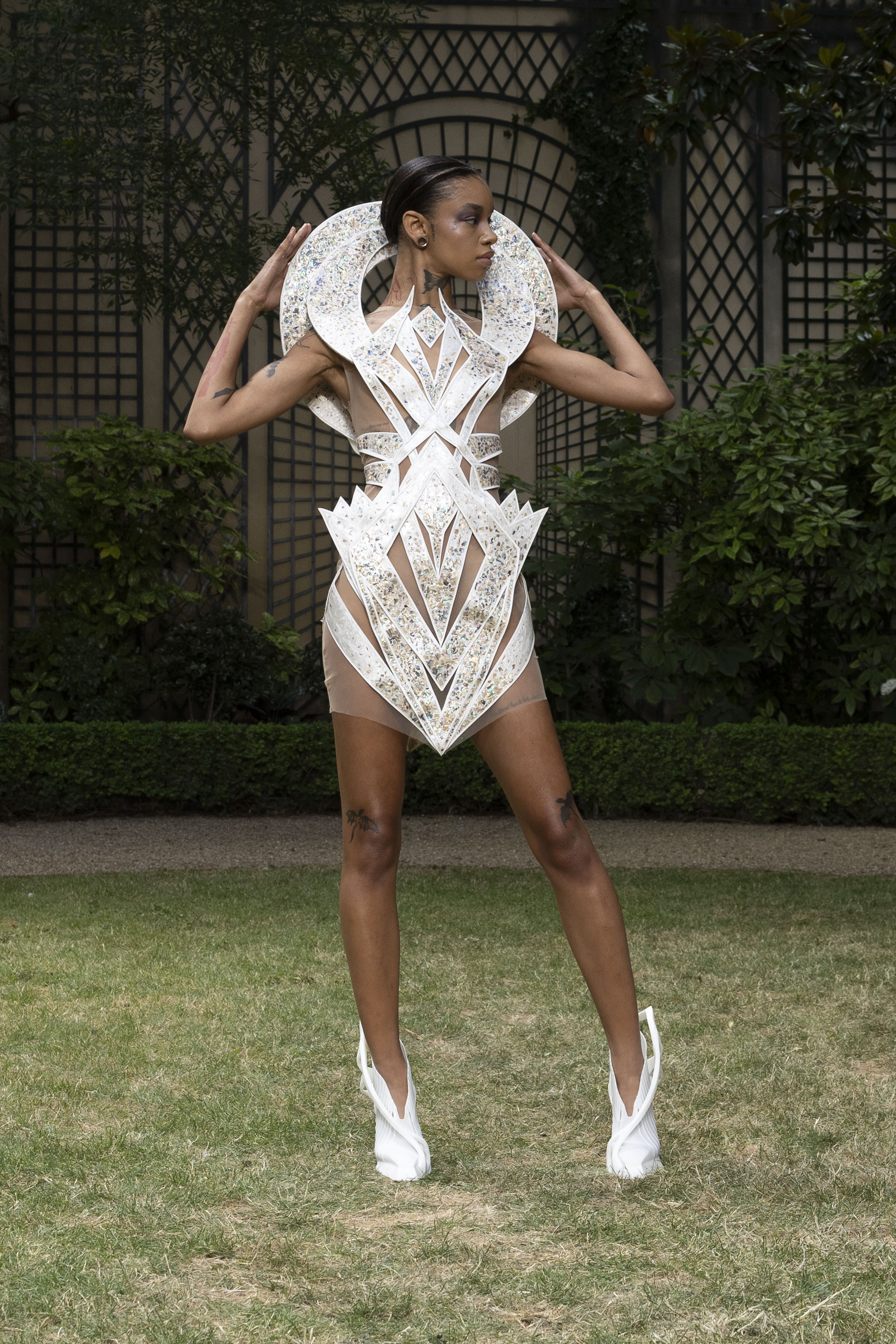

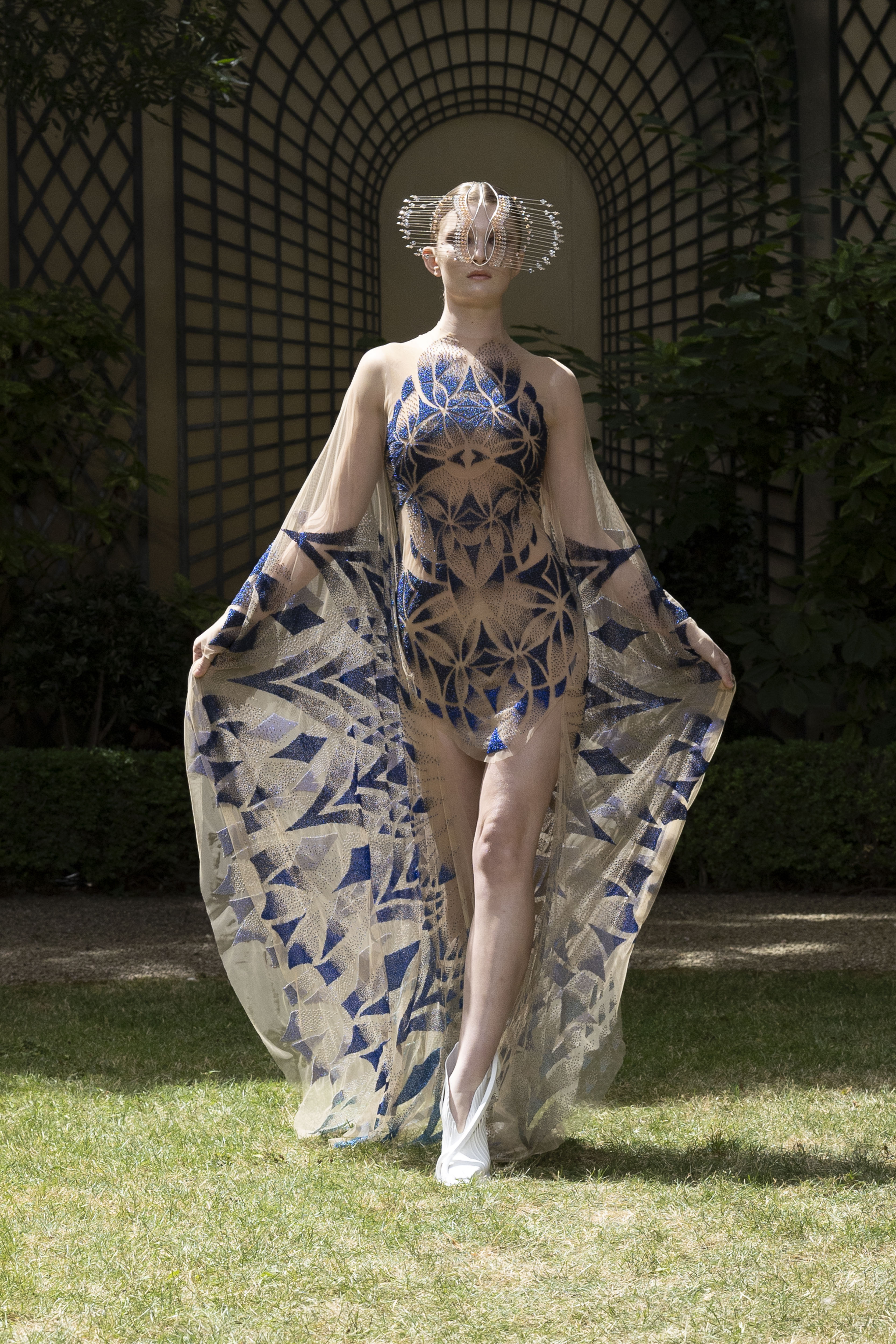
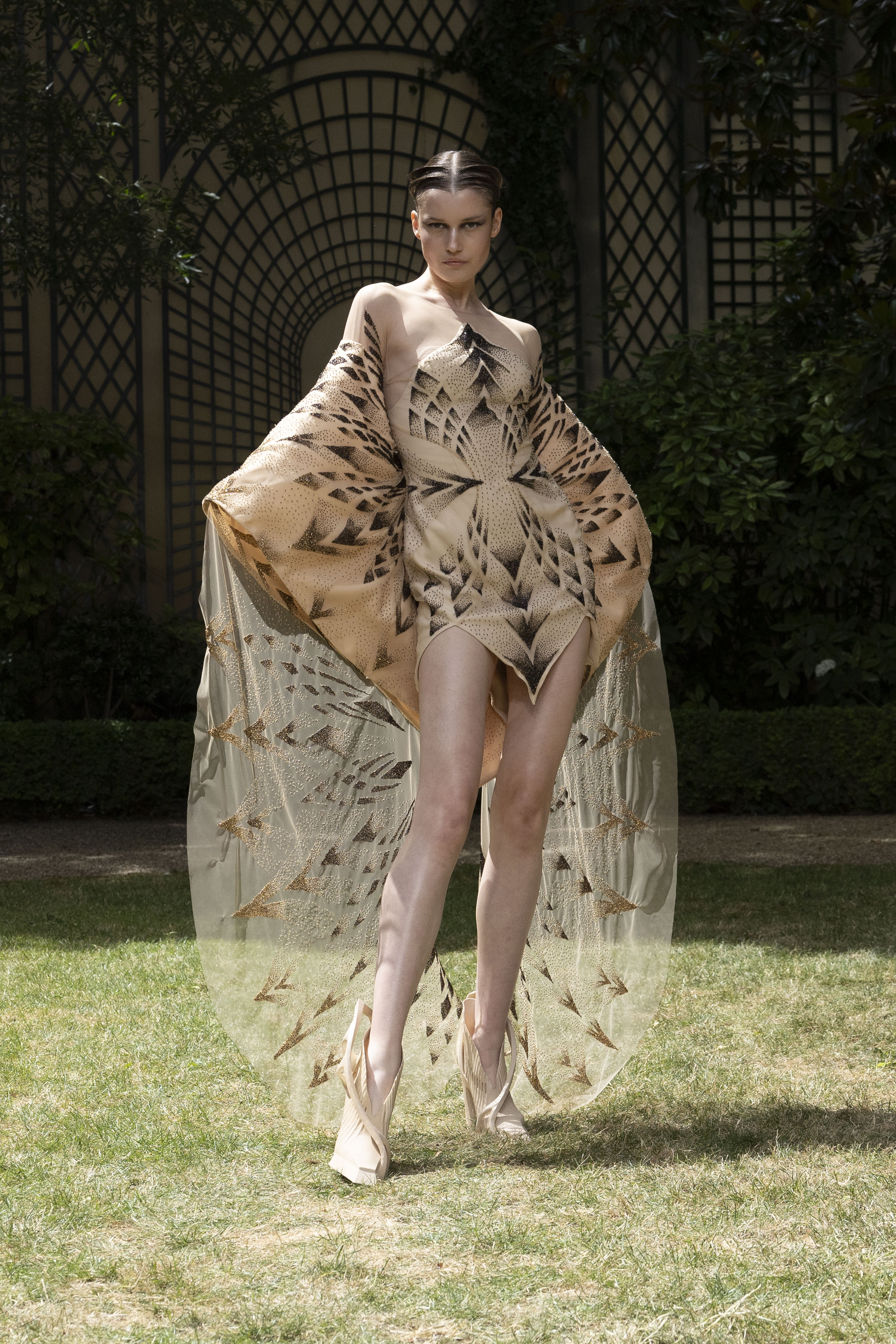
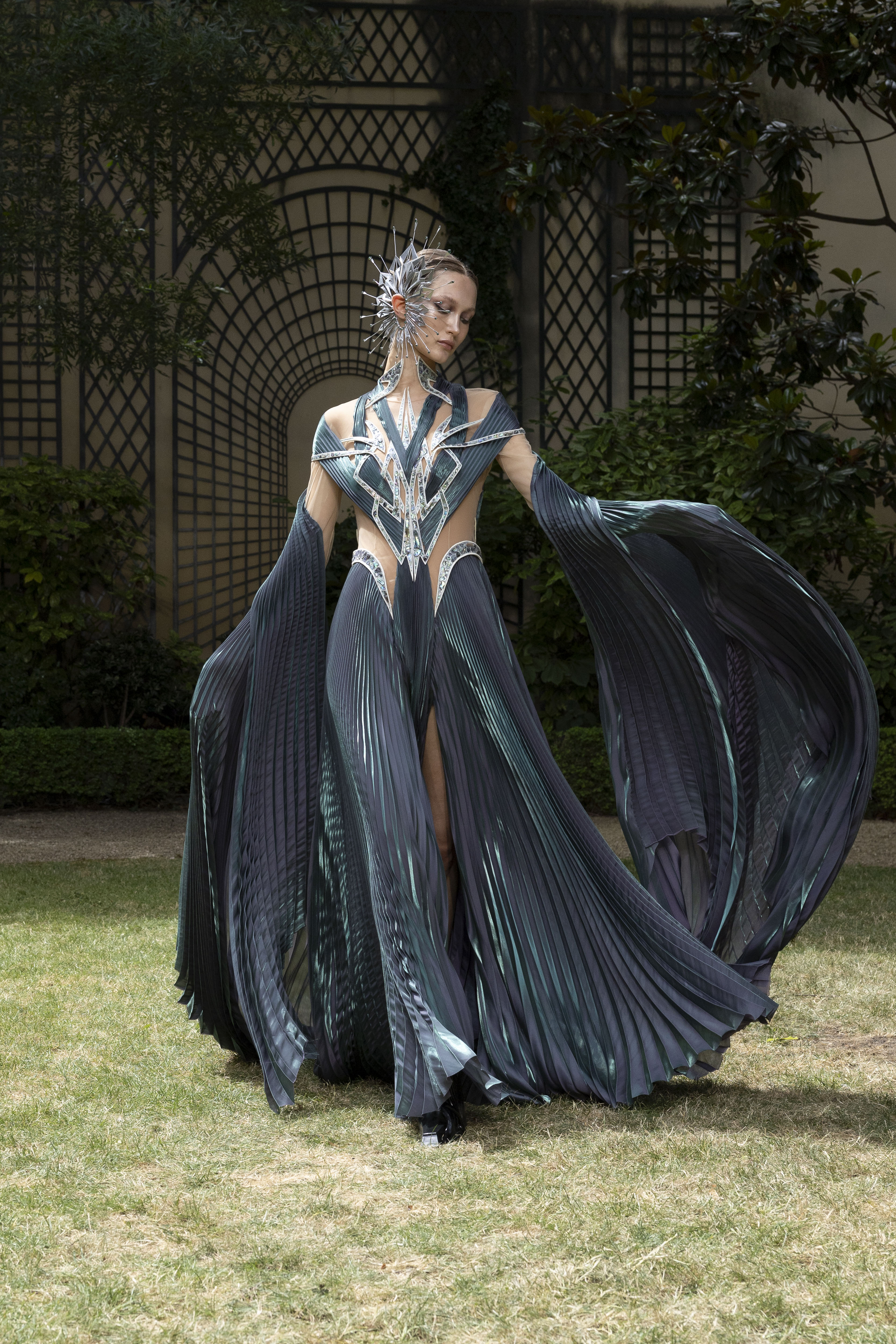
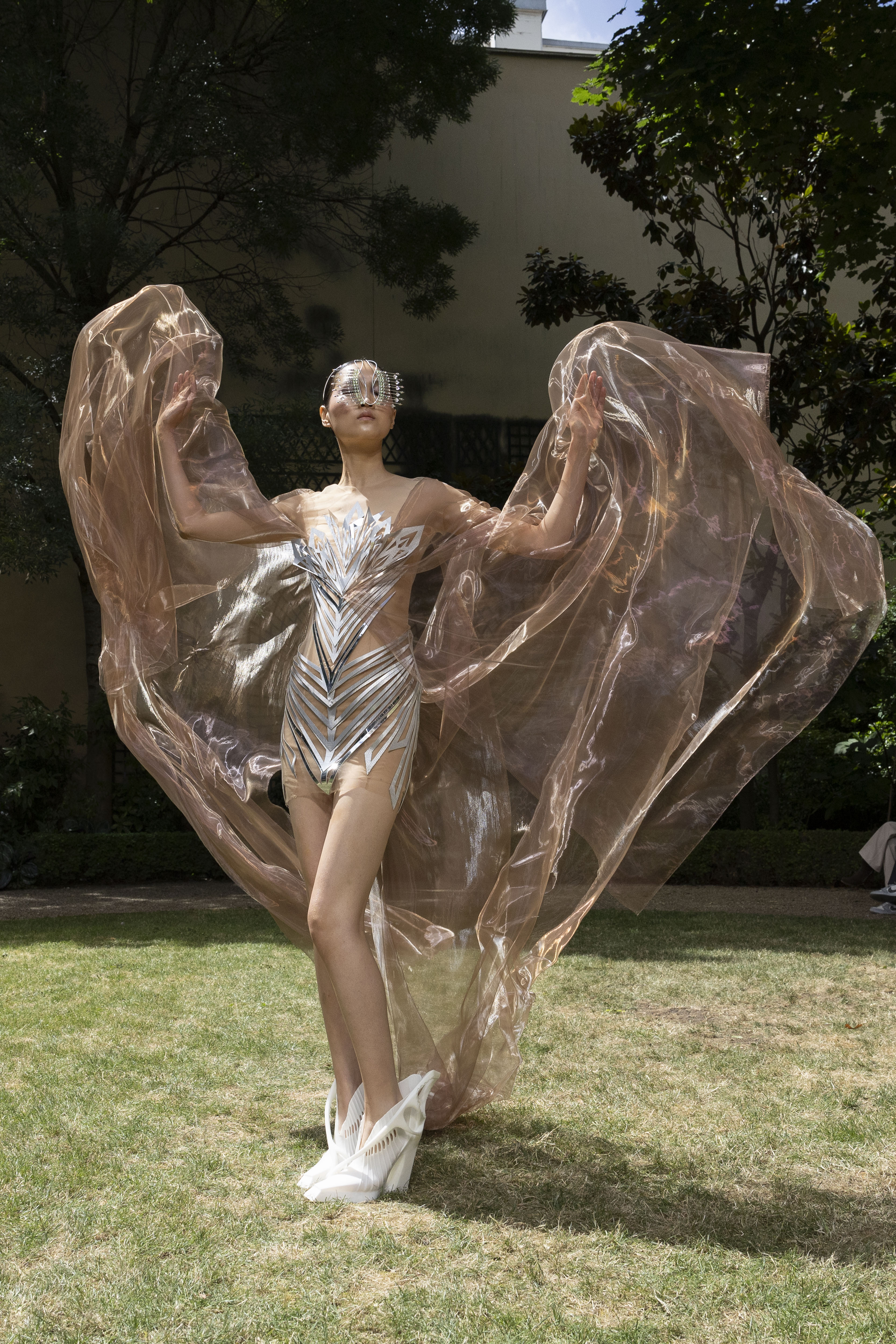
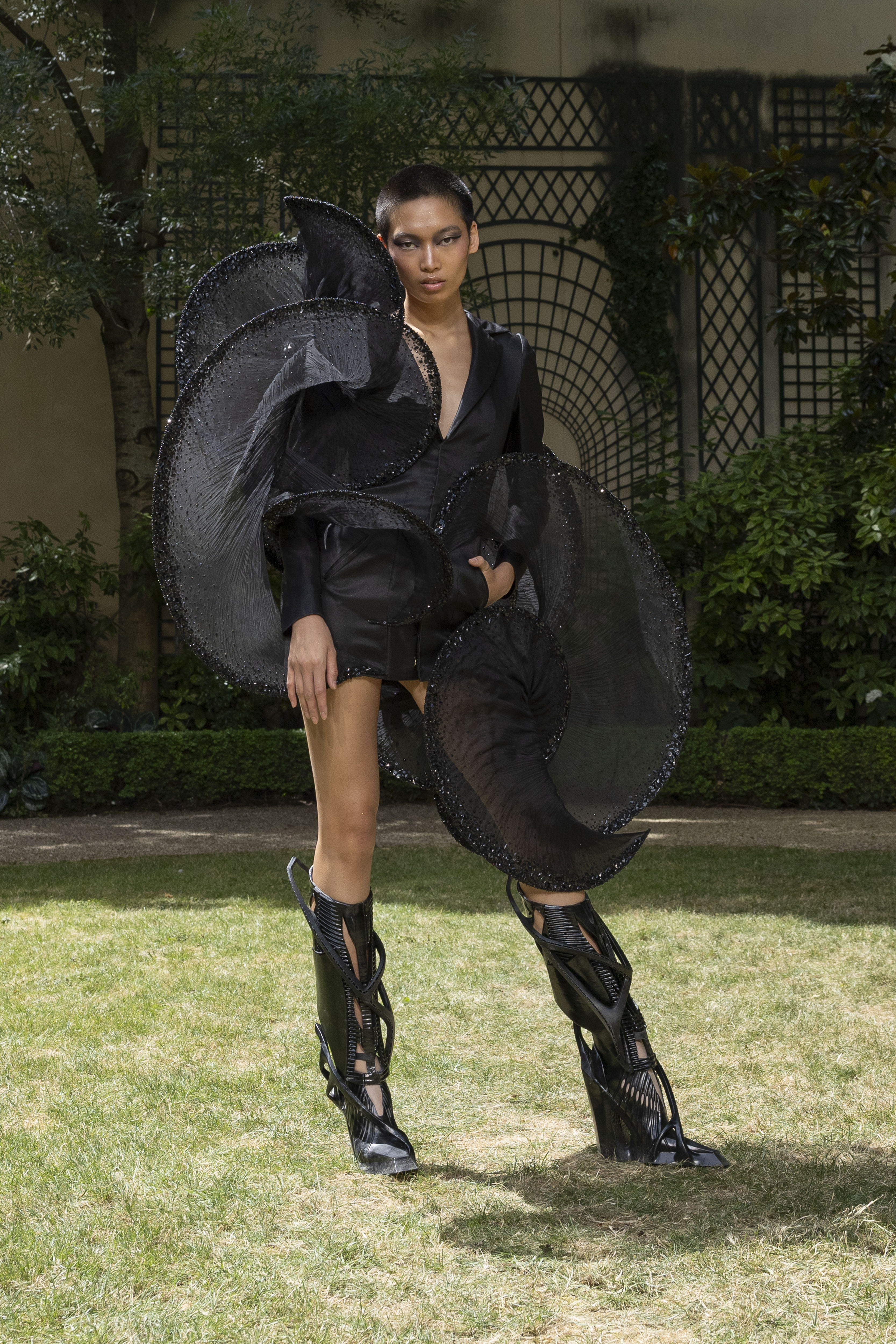
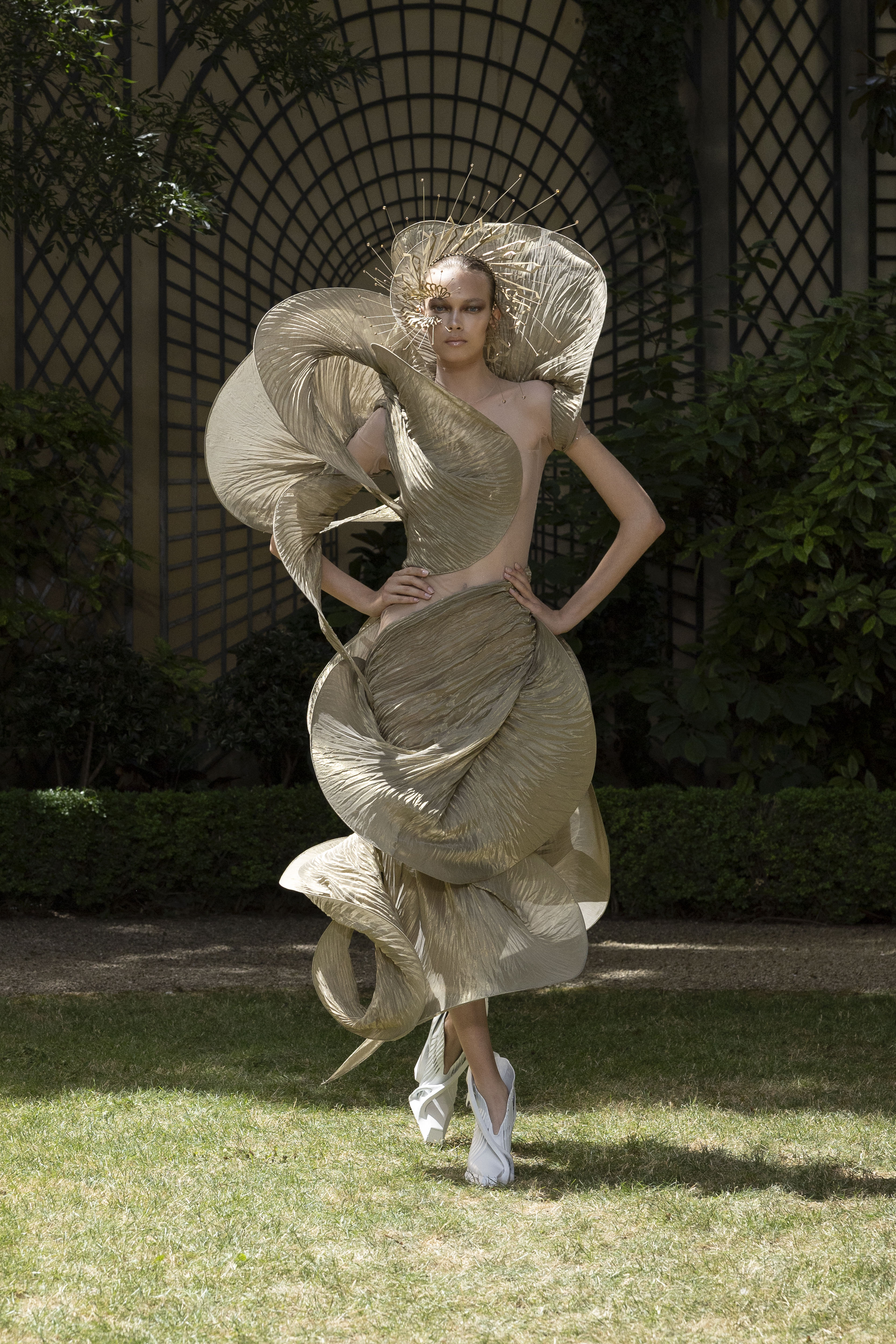

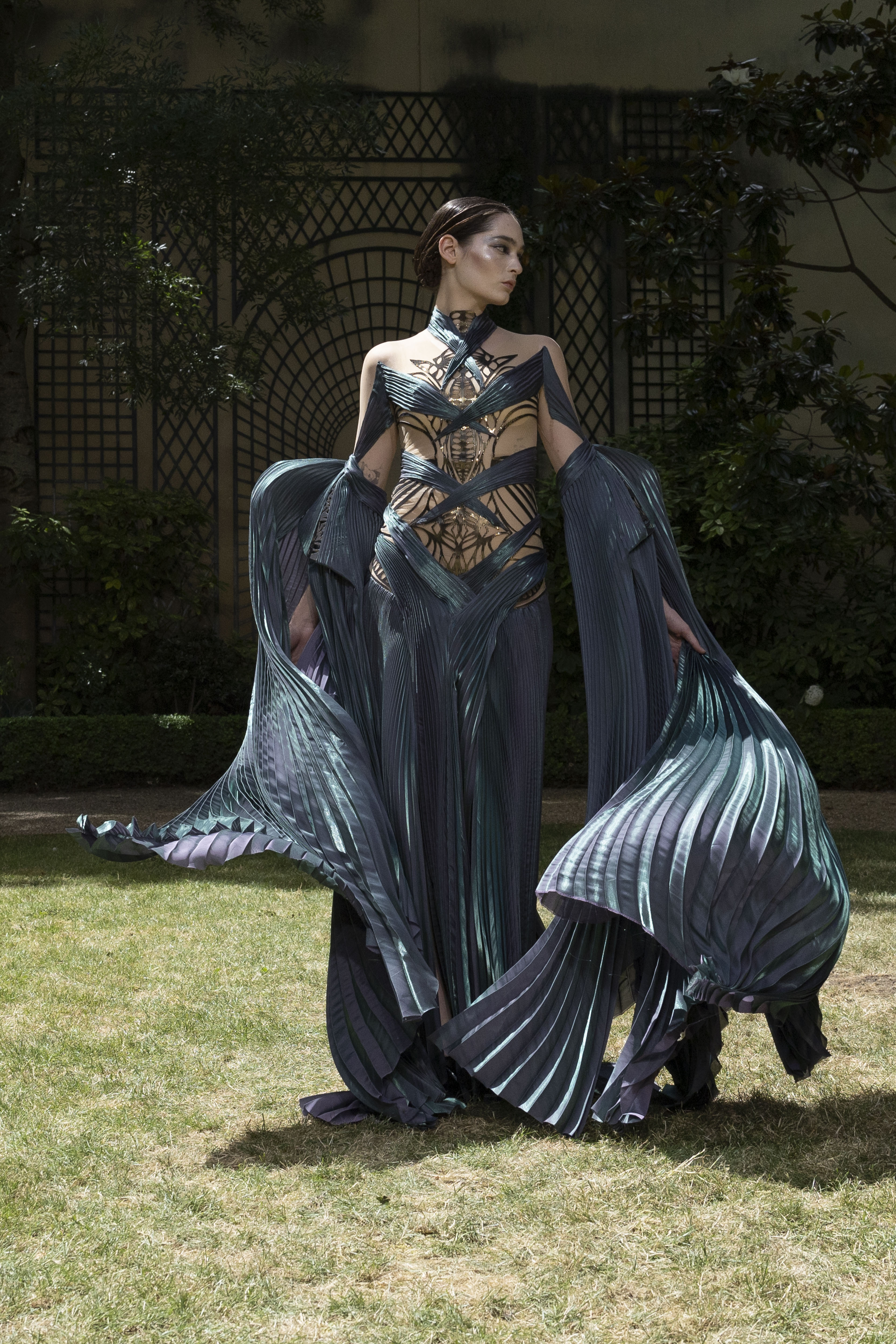


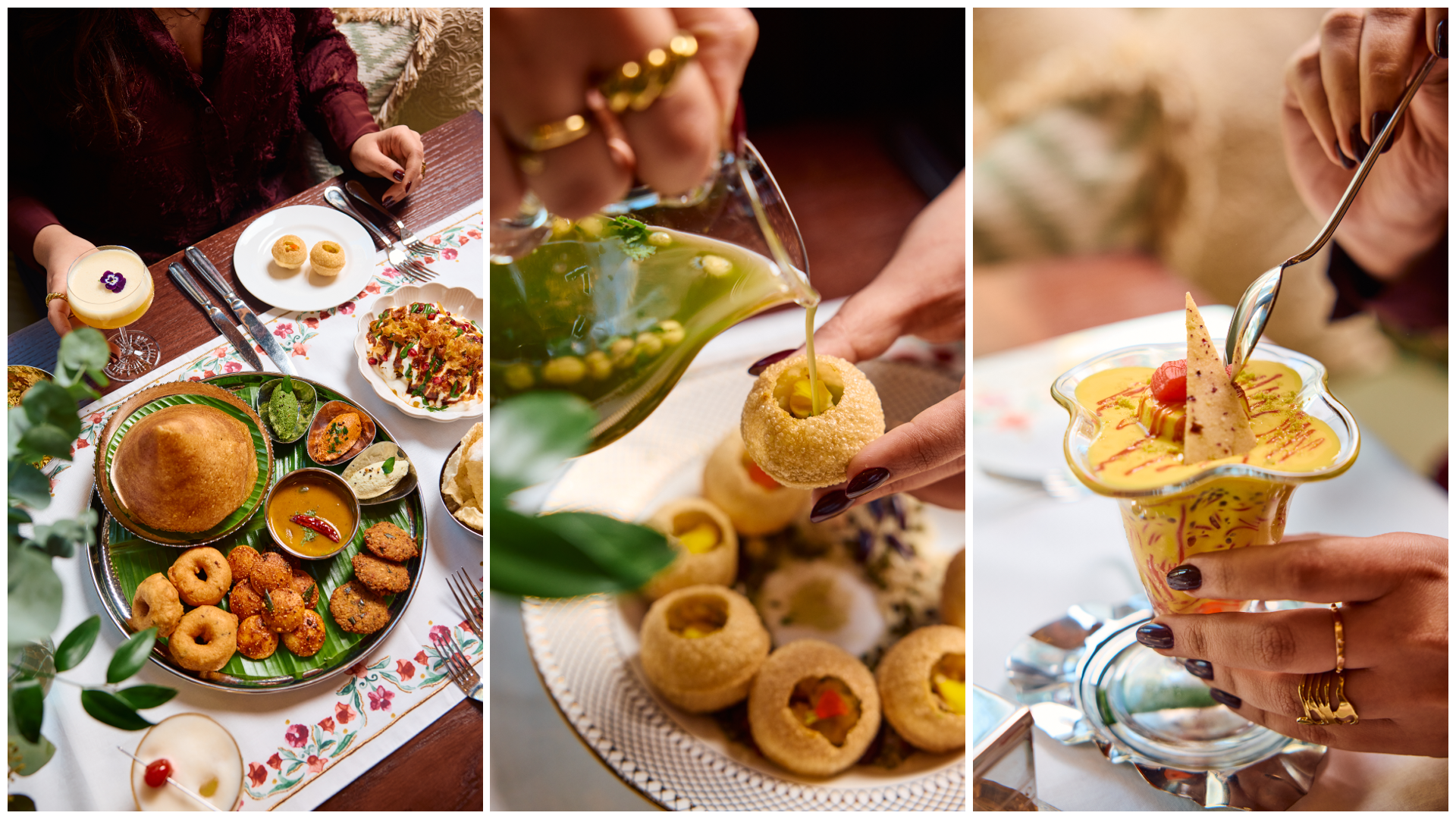
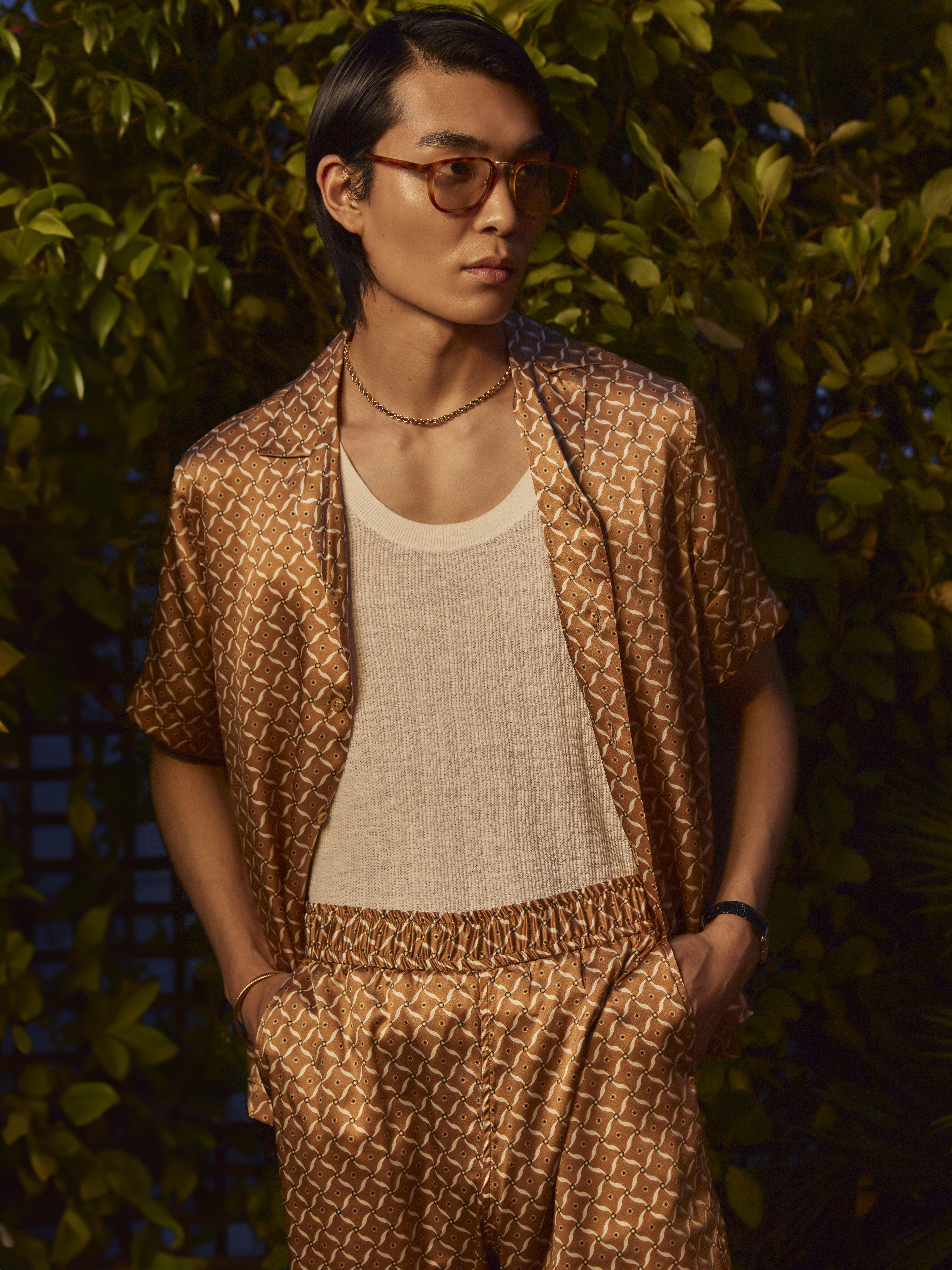
.jpg)
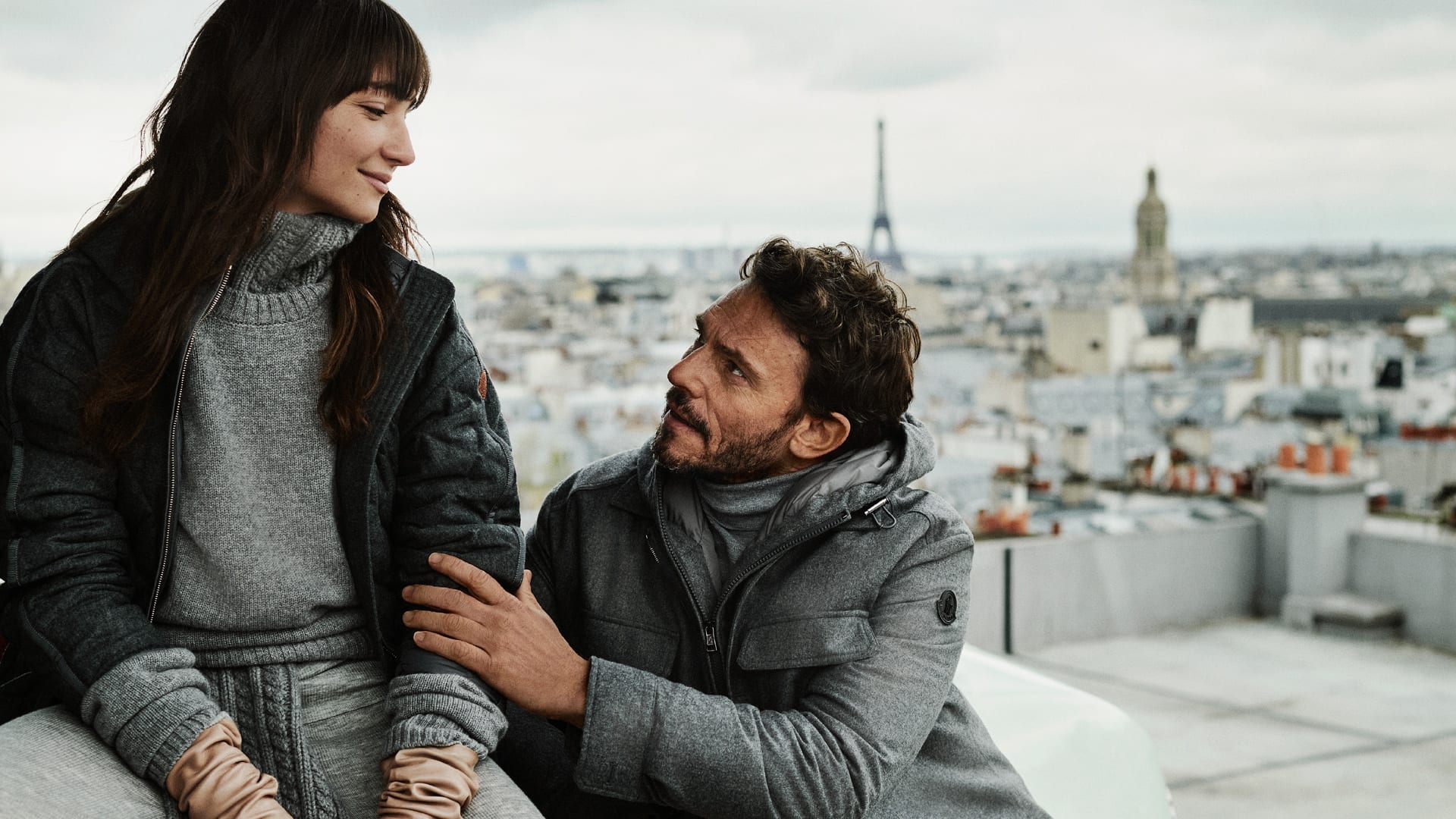
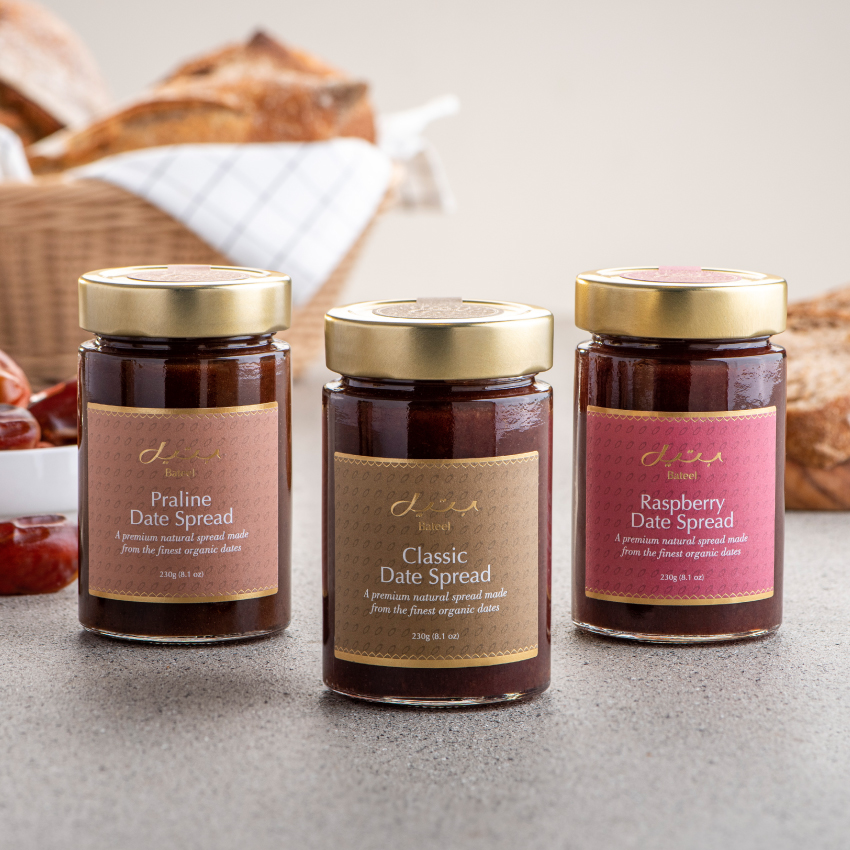
.jpeg)
